Éducation
En 2025, J-WEL a rejoint J-PAL après dix années fructueuses en tant que laboratoire indépendant au MIT, collaborant avec des innovateurs éducatifs du monde entier pour transformer l’éducation à grande échelle. En plus de soutenir nos travaux de recherche et de politique en éducation, J-WEL appuie nos partenariats entre la recherche et les politiques publiques avec les gouvernements ; le programme de bourses MENA Scholars ; l’Alliance pour les données, l’évaluation et la formation en politiques publiques ; ainsi que le Partenariat pour les preuves en intelligence artificielle.
Le secteur Éducation de J-PAL aide les décideurs politiques à appliquer les résultats d’évaluations aléatoires à leurs travaux. Les responsables et membres du secteur rédigent également des synthèses politiques qui regroupent les enseignements généraux issus de la recherche, condensent les résultats des évaluations dans des publications politiques et des résumés d’évaluation, et financent de nouvelles recherches via l’Initiative Apprendre pour Tous.
Les initiatives passées du secteur Éducation incluent l’Initiative pour l’éducation post-primaire et l’Initiative Fondements de l’apprentissage.
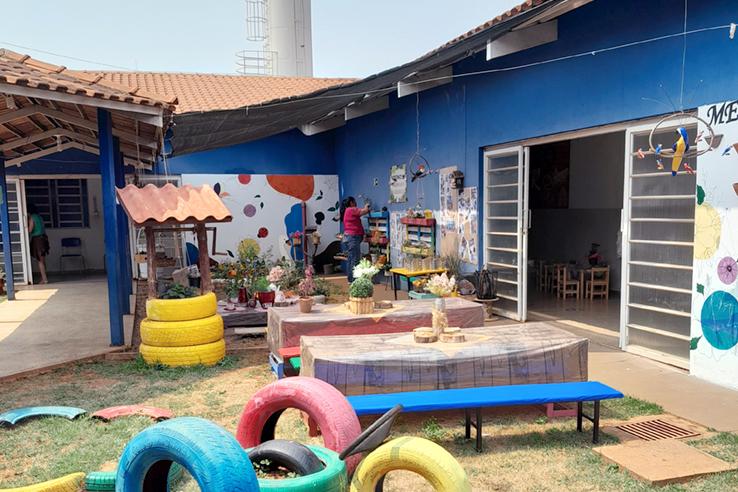
Blog
Quality early childhood education: The role of teacher training
With nearly all Brazilian children aged 4 and 5 now enrolled in preschool, new questions are emerging about how to ensure quality in this stage of education. According to Brazil’s National Institute for Educational Studies and Research, 93 percent of children in this age group attend preschool...
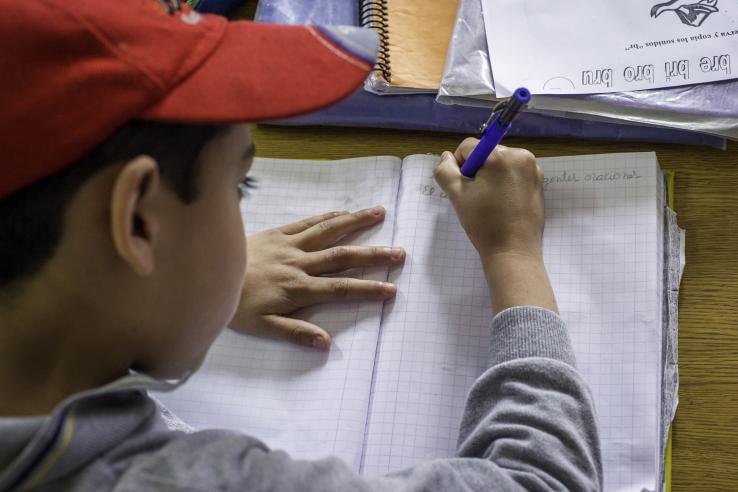
Blog
Setting an early foundation for children’s learning: using insights from cost-effectiveness analysis to inform decisions
Ensuring children have strong basic skills in reading, writing, and mathematics – together known as foundational literacy and numeracy – is considered critical for their future academic success and later life outcomes. While research has generated insights on what works for improving literacy and...
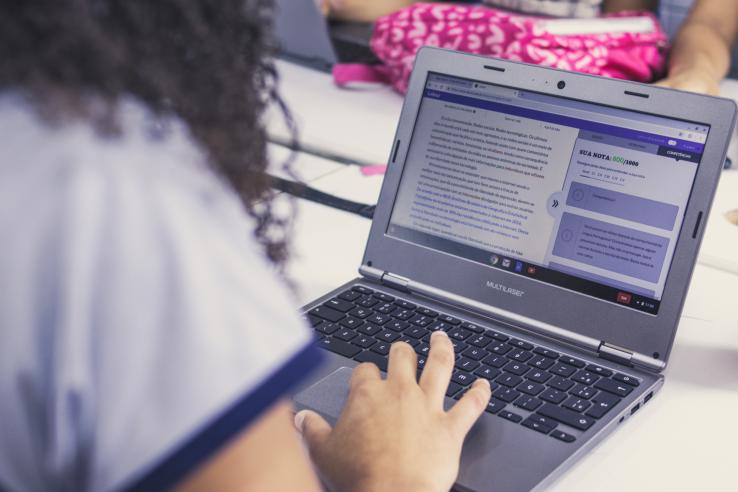
Case study
Artificial intelligence to strengthen high school students’ writing skills
The state government of Espírito Santo, Brazil applied research findings to scale an AI education technology that gives public school students feedback on their writing, reaching more than 100,000 high school seniors to date.
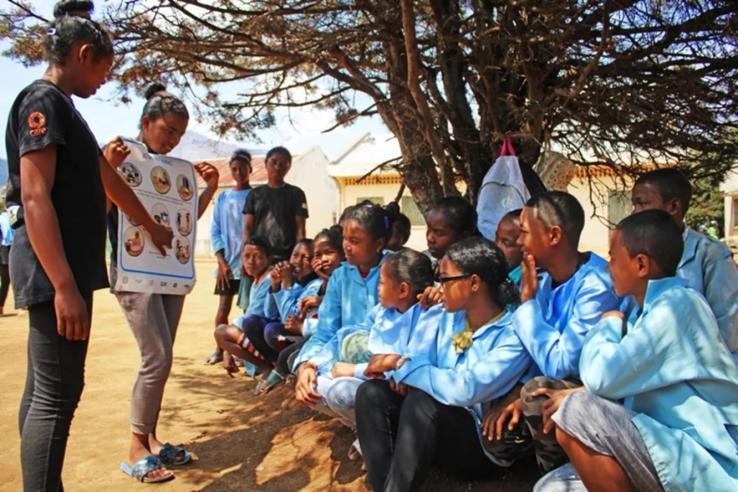
Evaluation
Addressing Menstrual Stigma and Hygiene to Improve Education and Psychosocial Well-Being among Adolescent Girls in Madagascar
Researchers evaluated the impact of a program addressing constraints related to hygiene infrastructure and access to sanitary products while addressing social stigma around menstruation, on girls’ learning and psychosocial well-being in Madagascar. The program led to improvements in academic...
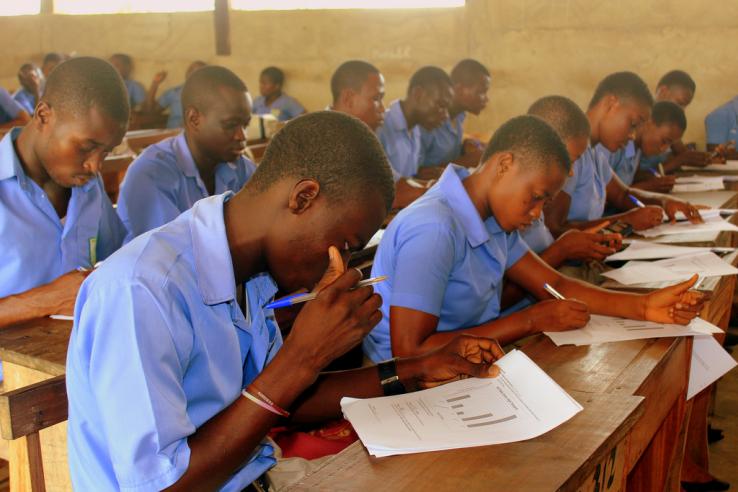
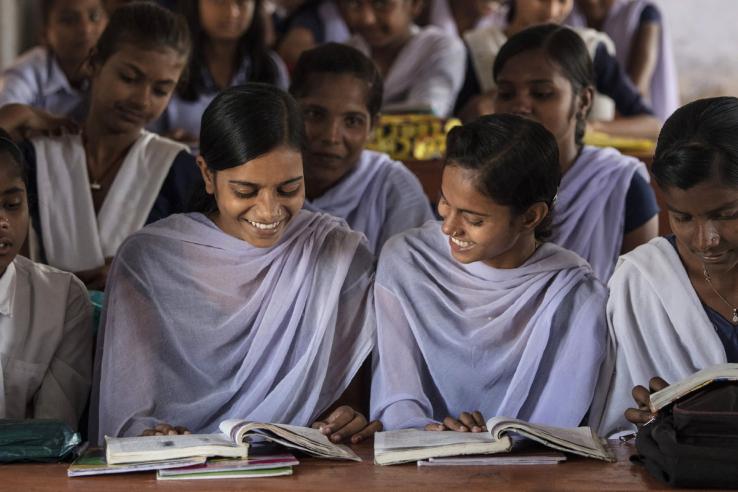
Policy insight
Improving student learning: Impacts by gender
Most programs to improve student learning have similar impacts on girls and boys. However, policymakers should consider potential different effects by gender while designing programs since, in some cases, program design choices led to different impacts on girls and boys.
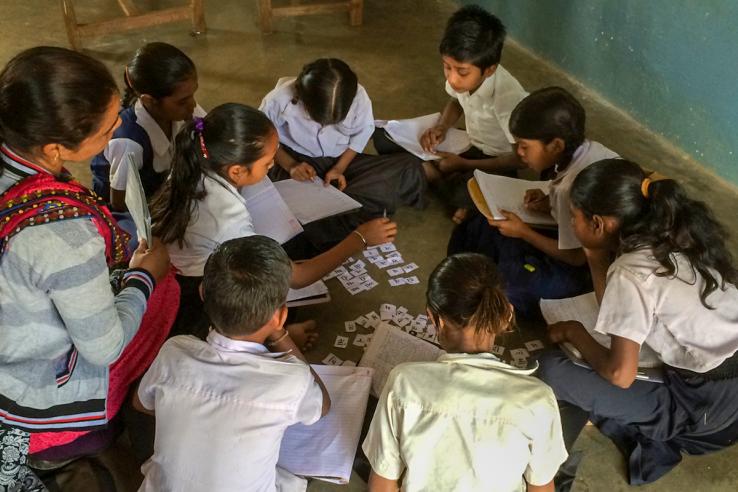
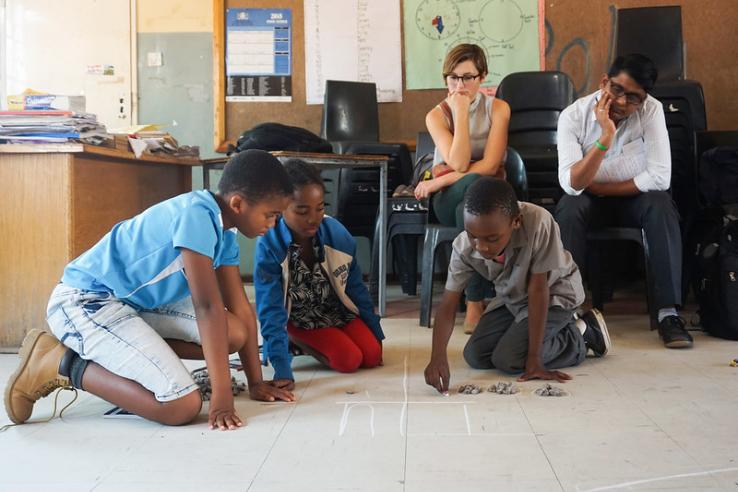
File: Policy publication
Measurement of Holistic Skills in RCTs: Review and Guidelines
J-PAL recently launched its Learning for All Initiative, which has a core focus on breadth of skills. There is much to learn about whether and how interventions can affect skills that extend beyond literacy and numeracy, including cognitive skills, social skills, emotional skills, creative skills...






